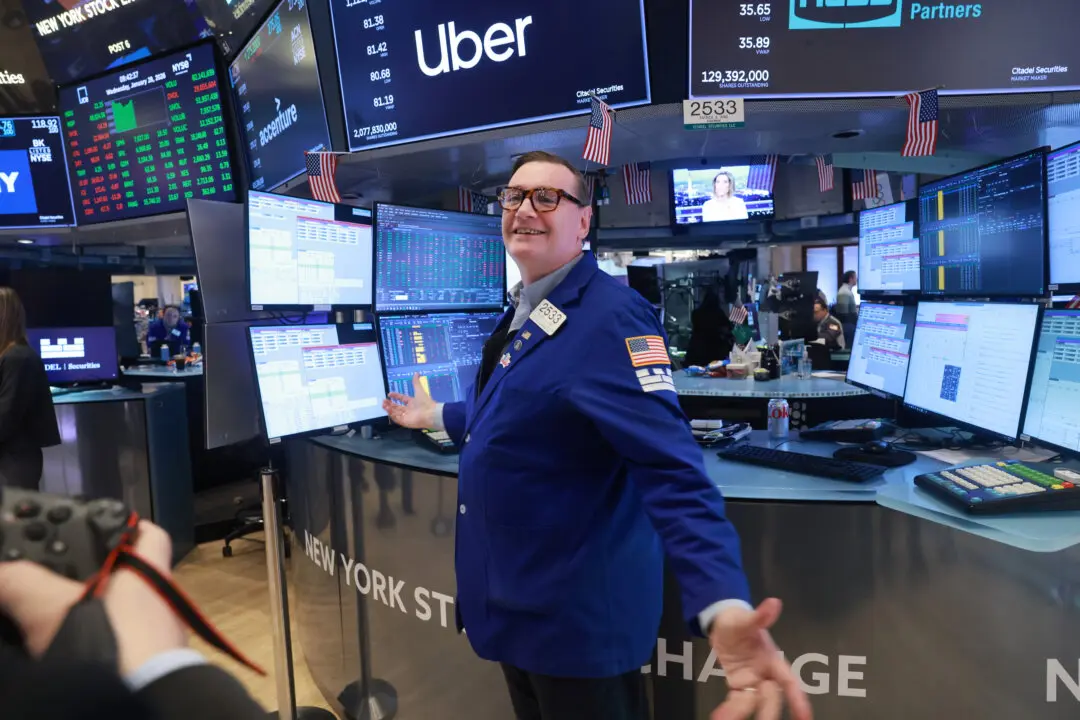News Analysis
Once an almost broke company, the Berkshire Hathaway conglomerate delivered $47.4 billion in operating profit in 2024—a nearly 27 percent increase over 2023—thanks to a jump in its property and casualty insurance businesses. The company also paid a record $26.8 billion in federal income taxes.





